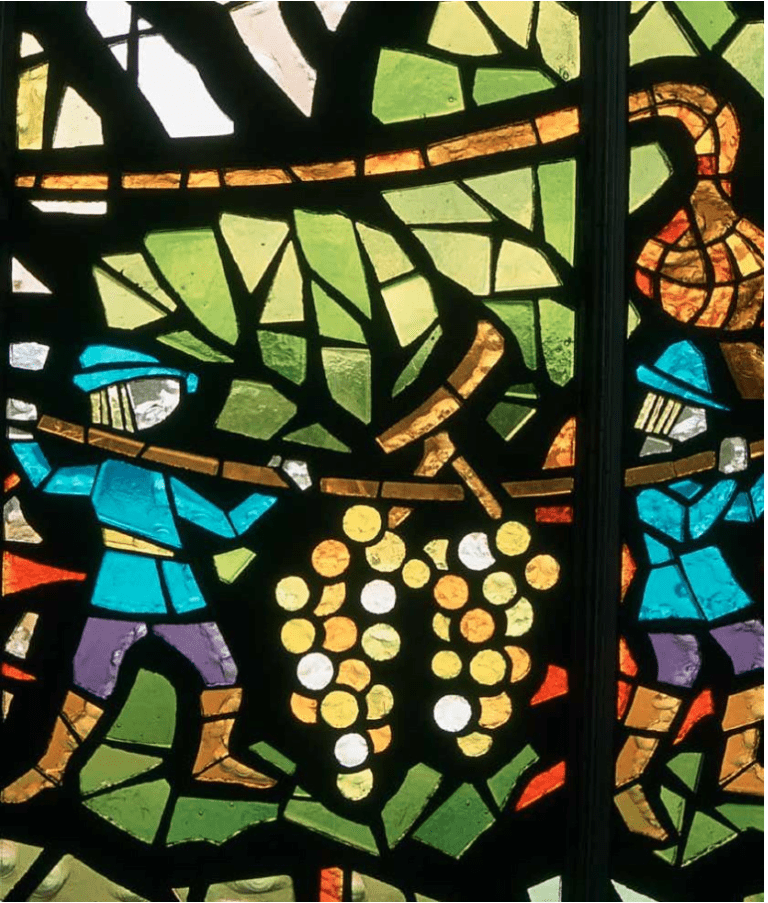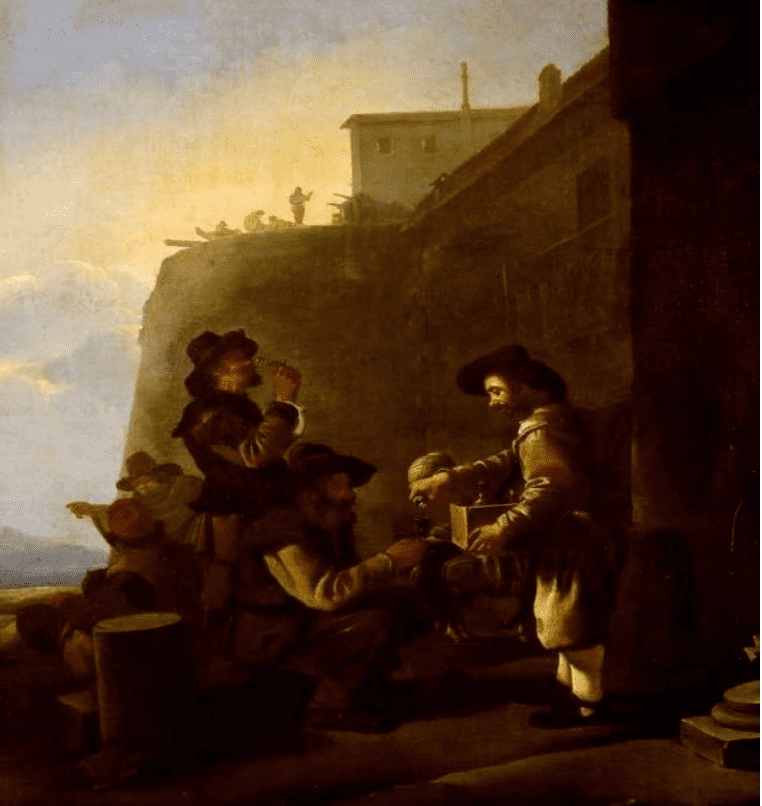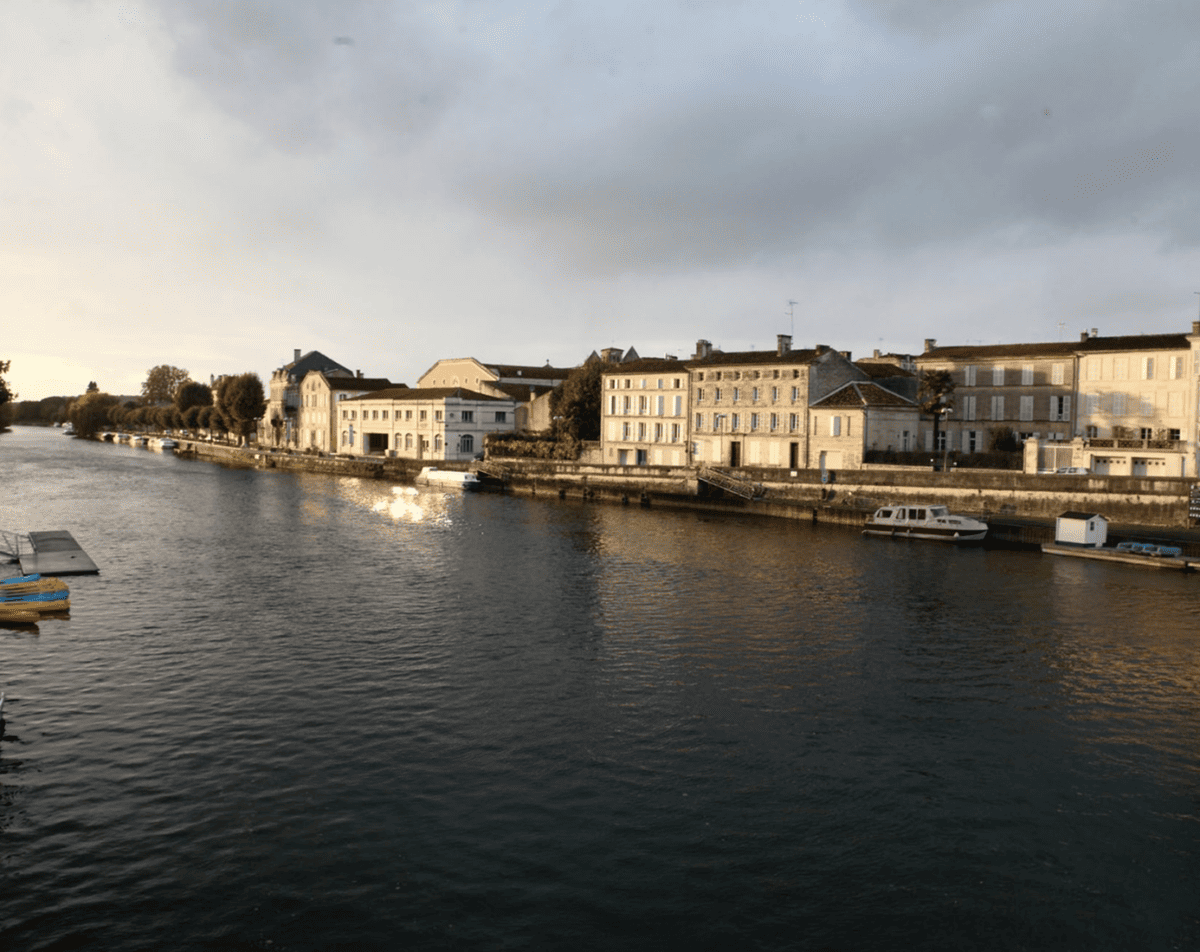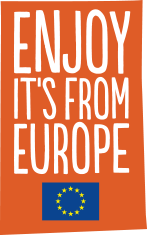Who Invented Cognac? | Discoveries
Victor Hugo says that Cognac is “the liquor of the gods”, a beverage made by them… or for them? Certainly both in the mind of the poet. But if we come back to earth, who could be at the origin of Cognac?
Copyright AKG- Images/Catherine Bibollet
The second "cooking” of the soul
The know-how of Cognac is not in this distillation, which has been practiced for a long time and in different places, it is in the double distillation. This invention is attributed to a man, the Chevalier de la Croix-Maron, Lord of Segonzac. It is common to say “the legend wants” when it is indeed men who seek to give themselves a history. Thus, “legend has it” that this essential process was invented by this knight who saw himself in a dream in a boiling cauldron while Satan was trying to steal his soul. The pious soul having resisted this first torture, the Devil undertook a second “cooking”. Upon awakening, the ingenious mortal had the idea of extracting the best of the grape brandy through a second distillation.
The construction of historical narrative
The legend of this pious knight proves that the complex birth and huge success of Cognac cannot be described. But historians could not stop there, and they looked as far as they could, and some evidence suggests that it was in the 17th century that spirits from the Charentes region began to circulate and gain a place in the register of popular drinks. The Dutch, tired of low quality grain spirits, encouraged Charentes production.
By the end of Louis XIV, the spirits distilled from the vast vineyards of Charentes had distinguished themselves from the rest of France. And in 1751, in Diderot and d’Alembert’s Encyclopedia, the town of Cognac is given as “famous for its brandies”. This time, it was the Irish and the English, who were more demanding in terms of degree, color and aroma, who regulated the market.

Bamboccio, 1599- 1642
Copyright AKG-Images/De Agostini Picture Lib./V Pirozzi
Skills and Opportunities
Even more prosaically, many historians credit the Cobden-Chevalier Free Trade Treaty of 1860 with effects that far outweigh the natural opportunities of the land. By lowering taxes on French products, this agreement opened the gigantic market of the British Empire to the Charente specialty, thus ensuring its worldwide success. Jean Monnet, an illustrious player in the Cognac trade, gives his version of the origin and success of the Charentais product: “The quality of Cognac is the result of a fortunate combination of natural chances and solid virtues, maintained for more than two centuries by obstinate growers and merchants.
Mystical experiences, individual genius, and the decisive actions of certain groups have given way to complementary actions within a large inclusive community. A multicultural community crossed by a “tradition based on an alliance between local wine-making know-how and a merchant culture brought in since the 16th century by foreign merchants (Dutch, Anglo-Saxon, Norwegian…), which has always been based on a logic of exchange and complementarity”.
Cognac, the creation of a collective.







